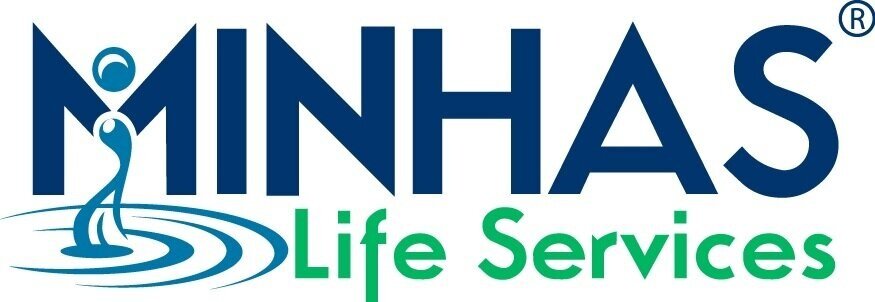What is Sankalpa?
/Sankalpa
The power of intention
Known in yogic tradition long before scientists discovered neuro-plasticity!
Sankalpa put simply is stating your intention!
Each time I step onto my yoga mat for practice I set an intention to help me focus on my desired goal and outcome. This week my daily yoga practice began with what seemed like a simple intention ‘to focus on my practice through mindful presence’.
The week prior my mind had me in many places and none looked remotely like my yoga mat! Don’t get me wrong, I lit the candle, played the music, laid out the mat and physically was in postures for 30 minutes! My mind however had wondered, again and again throughout my practice.
Did it work? Yes!
Setting the intention to focus through mindful presence was powerful this week. It allowed me to clearly state a goal and outcome for my practice, and this helped focus my mind.
Amazingly, I found myself using it outside my yoga practice too, when showering, eating, drinking and walking. I even used it to cut back on phone time, tv time and any other distraction that took me away from me in the present moment.
So why try it?
To form or reform habits that better serve our wellbeing/self care/needs/ wants and desires
To create change through focused attention and deeper clarity - I ask myself ‘for what purpose do you want change?” and to each response I ask the same again ‘ for what purpose? I do this until my intention aligns to a higher level of self. This helps create congruency in my life and helps me feel passion, purpose through more empowering meaning.
Because our brains are flexible and through neuro-plasticity we can rewire our brains to overcome limiting beliefs and fears.
To create a consciousness and awakening to our higher self - who doesn’t want that?!
Still not sure?
In 2007 a book called ‘Intention Experiment,’ explored the science of intention, drawing on the findings of leading scientists around the world. Lynne Mactaggart the author used cutting-edge research conducted at Princeton, MIT, Stanford, and other universities and laboratories to reveal that intent can profoundly affect our lives.
William A. Tiller, a professor emeritus at Stanford University, argues: “For the last 400 years, an unstated assumption of science is that human intention cannot affect what we call physical reality. Our experimental research of the past decade shows that, for today’s world and under the right conditions, this assumption is no longer correct.”




